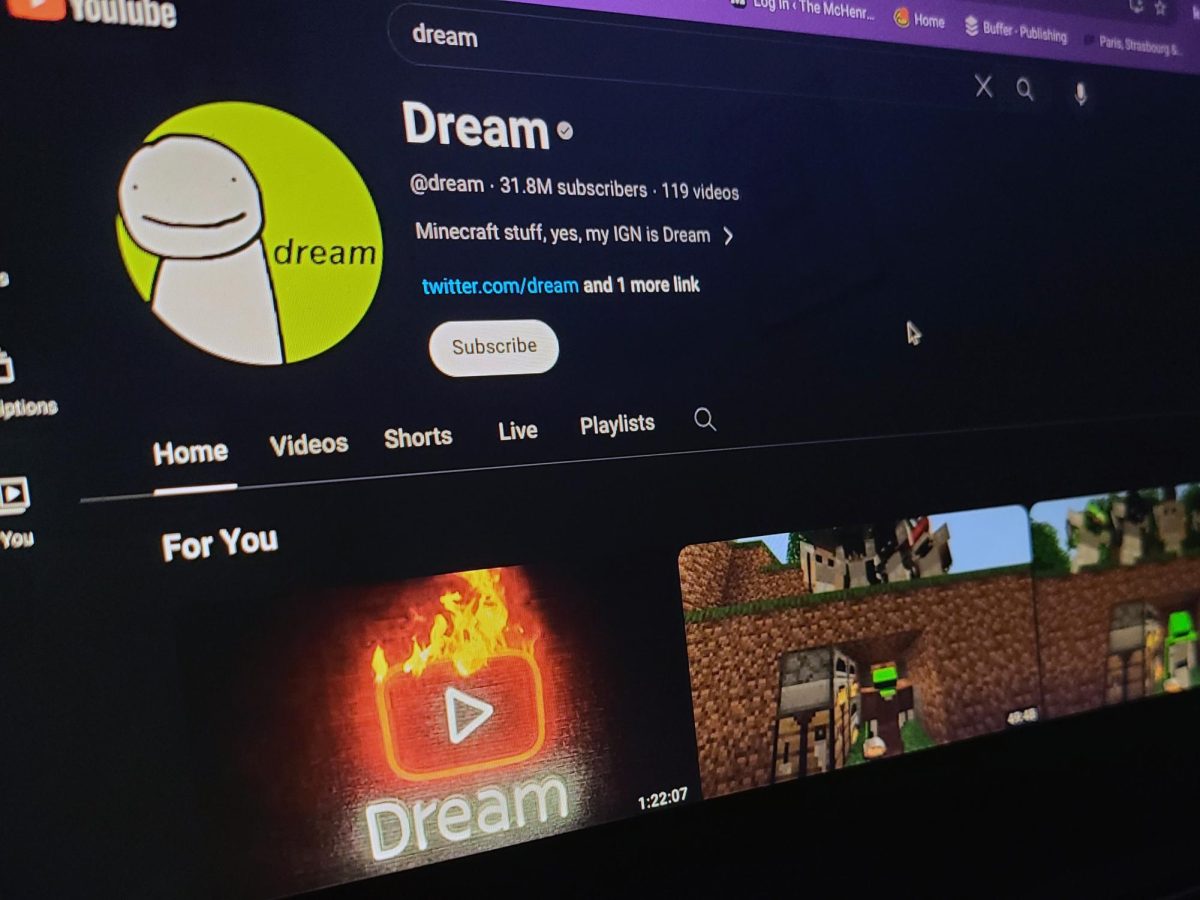Tension and verbal feuds are not rare within the realm of entertainment. Many celebrities, actors, streamers, and content creators have found themselves in a moment of heated debate either verbally or online.
But, when entertainers are seen feuding online, an audience seems to follow. Social media like Twitter, Instagram, even YouTube creates a pipeline for online controversy that only makes matters worse when there is more information an audience gets about a certain drama.
The feud between YouTuber and Twitch streamer, Dream, and voice actor Nicolas Cantu, who is best known for playing Gumball Waterson in the Cartoon Network animated series “The Amazing World of Gumball” falls into this category of internet feuds that have been fueled by internet traction and public opinion.
The controversy unfolded when Cantu, unknowingly, interacted with a fraudulent Dream account and made caustic comments. Dream corrected him by clarifying Cantu had been engaging with the fraud account, yet in the same post accused Cantu of physically assaulting him at a creator party.
Tension rose between the two on X until Dream posted a video in November of Cantu, seemingly intoxicated, arguing with the Uber driver and being homophobic, ableist, anti-semitic, threatening, and narcissistic.
Even with the allegations, many have come to Cantu’s defense. His portrayal of his most popular character, Gumball Waterson, garnered substantial support on Twitter, with fan art depicting Gumball’s triumph over Dream’s avatar all over the internet. The involvement of these characters added a layer of entertainment to the intense online drama, creating a large audience to the already popular online feud.
As popular online feuds gain more traction, they tend to escalate due to the amplifying effect of audience involvement. More attention means more people commenting, sharing opinions, and taking sides that only intensifies the conflict.
Influencers may feel more pressured to respond, defend themselves, or escalate the situation further to maintain or increase their following at the expense
With said pressure, Dream released an hour long video explaining the allegations that were placed on him, providing receipts of DM’s, videos, etc.
As the feud gains momentum, media outlets and platforms pick up the story, perpetuating the cycle of internet controversy, and by reaching even broader audiences it escalates the situation beyond the influencer’s control.
Recently, Dream has also been accused of grooming underage girls, a claim he denies in an 80-minute YouTube video he posted yesterday.
Social media has made controversy and internet feuds so uncontrollable that creators cannot morally or privately relieve drama and allegations, and the public domain only makes it worse as it grows.




